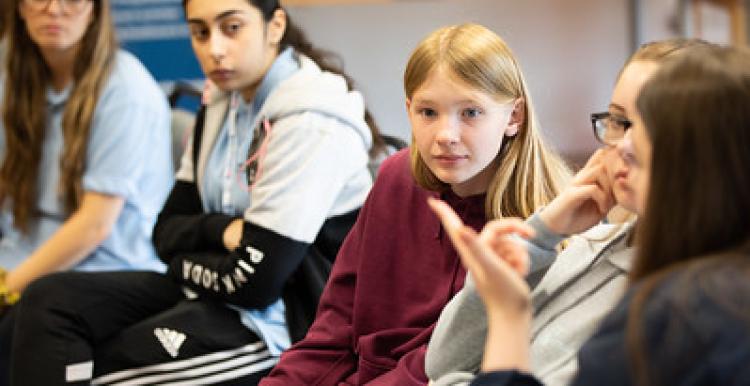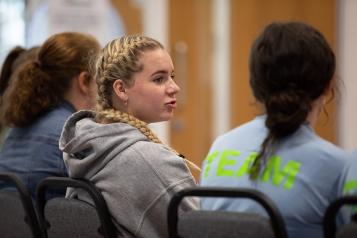One in five children and young people between the ages of 8-16 have a ‘probable mental disorder’

The latest NHS England statistics were published yesterday, and reveal that among 17-19 year olds, this proportion is 23%. Among 20-25 year olds, it’s around 22%.
The figures, made public on 21 November, come from the fourth Mental Health of Children and Young People survey carried out by the NHS.
Other key findings include:
- Eating disorders were identified in 12.5% of 17-19 year olds, with rates four times higher in young women (21%) than young men (5%).
- Rates of eating disorders among young women have increased 13-fold since the first survey in 2017.
- Among 8-16 year olds, rates of probable mental illness were similar for boys and girls. However, amongst 17-25 year olds, rates were twice as high for young women.
- More than 1 in 4 (27%) children aged 8-16 years with a probable mental illness had a parent who could not afford for their child to take part in activities outside school or college, compared with 1 in 10 of those unlikely to have a mental illness.
- 17-25 year olds with a probable mental illness were three times more likely to not be able to afford to take part in activities such as sports, days out, or socialising with friends, when compared with those unlikely to have a mental illness.
The survey findings don't include local breakdowns.
NHS England says it's increasing the mental health support provided to children and young people, with 47% more young people being treated for eating disorders and 398 mental health support teams set up in schools or colleges to provide early support.
Healthwatch England is talking to the Department of Health and Social Care about shaping its full Major Conditions Strategy next year, which will include mental health.


